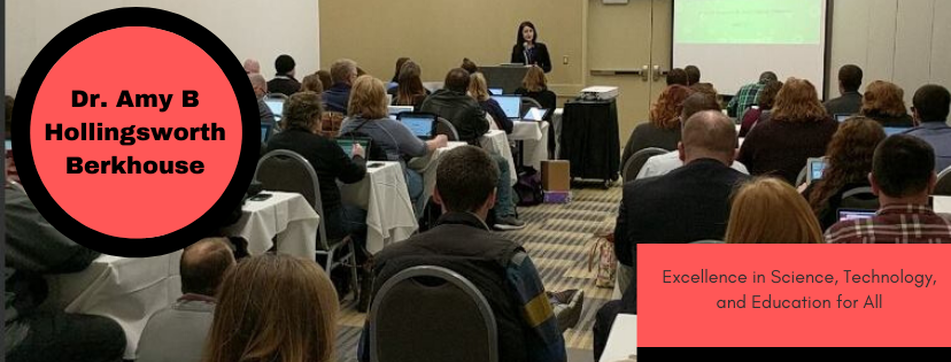First, if you are not aware of the Common Core, here is a crash course from NPR.
Then, several articles featuring reasons for the Common Core, and what they do.
The Common Core and the Common Good: Our educational system is not keeping up with that of many other industrialized countries, even as the job market becomes more global and international competition for jobs becomes steeper. “American students rank 25th in math, 17th in science and 14th in reading compared to students in 27 industrialized countries.” That same report found that fewer than half of our students finished college. This ranked us 14th among O.E.C.D. countries, below the O.E.C.D. average. In 1995 we were among the Top 5.
Some rightly point to the high levels of poverty in our public schools to adjust for our lagging performance, but poverty — and affluence — can’t explain all the results away. One strategy of changing our direction as a nation is the adoption of Common Core State Standards, meant to teach children the skills they need to be successful in college and careers — skills like critical thinking and deep analysis.
The problem is that, in some states, Common Core testing has been implemented before teachers, or the public for that matter, have been instructed in how to teach students using the new standards.
Bill Gates: Commend Common Core: Right now,45 states are implementing new academic standards, known as the Common Core, which will improve education for millions of students. Unfortunately, conversation about the standards is shrouded in myths.
The standards are just that: standards, similar to those that have guided teachers in all states for years, except these standards are inspired by a simple and powerful idea: Every American student should leave high school with the knowledge and skills to succeed in college and in the job market.
Today, 80% of students say they expect to go to college while only 40% of adults have an associate's degree or higher. Clearly, the old standards didn't help them achieve their goals. Common Core was created to fix that. And at least 75% of teachers support them, according to several surveys.
Inconsistent standards like the ones we've had until now punish students who have to switch schools. Either they're expected to know material they've never been taught, or they're re-taught material they already know. But with standards that are not only high enough but also consistent, students will be able to move without falling behind.
Myth: Common Core was created without involving parents, teachers or state and local governments.
In fact, the standards were sponsored by organizations made up of governors and school officials. The major teacher unions and 48 states sent teams, including teachers, to participate.
Myth: Common Core State Standards means students will have to take even more high-stakes tests.
Common Core won't necessarily add to the number of annual state tests students take. States will introduce new math and language arts tests based on the standards to replace tests they give now.
Myth: Common Core standards will limit teachers' creativity and flexibility.
These are standards, just like the ones schools have always had; they are not a curriculum. They are a blueprint of what students need to know, but they have nothing to say about how teachers teach that information. It's still up to local educators to select the curriculum.
Six Ways the Common Core is Good For Students:
1. Common Core Puts Creativity Back in the Classroom
2. Common Core Gives Students a Deep Dive
3. Common Core Ratchets up Rigor
4. Common Core is Collaborative
5. Common Core Advances Equity
6. Common Core Gets Kids College Ready
Student success is the outcome every education professional works so tirelessly toward, and the Common Core will help them get there if it’s implemented well, according to the panel of educators.
“Yes, it’s an extra workload as a teacher, and it’s difficult…but it’s for the betterment of the students,” says Davis-Caldwell. “And if we keep that our focus, I don’t see why we can’t be successful.”
The Common Core's Unsung Benefit: It Teaches Kids to Be Good Citizens: The Common Core has started to take political flak from the right and the left. Conservatives worry about the overreach of federal incentives, while unions don’t want the standards connected to teacher evaluations. What is being lost? The standards’ significant emphasis on reinvigorating the democratic purpose of public education. Making good on this promise presents a once-in-a-generation opportunity to redefine and reprioritize the special role that schools play in preparing students for active civic participation.
The Common Core identifies three texts—and only three texts—that every American student must read: the Declaration of Independence, the U.S. Constitution (Preamble and Bill of Rights), and Abraham Lincoln’s Second Inaugural Address.
~~~~~~~~~~~~~~~~~~~~~~~~~~~~~~~~~~~~~~~~~~~~~~~~
I will make an amazingly bold, perhaps unbelievable claim. If a school district would hire me as “The Common Core Director,” within four years – if allowed complete control over the system – I could take any low-performing district, and get them to over 80% passing the graduation tests. This would be without firing ANY teachers, with ANY population of students (poor, rich, white, black, brown, ESL), and without expending ANY additional funds. How much do I believe I could be successful? I’m willing to stake my paycheck on it. An average Ohio school superintendent makes $150,000 a year. As a teacher, I made $50,000 a year. Pay me $50,000 a year for a director’s position for those four years, putting the extra $100,000 in a savings account for me. At the end of four years, if I have been successful, everyone wins. The students see success, I get the paycheck. If I have been unsuccessful, take that money and provide free tutors for the students.
How do I know I would be successful? I have done it all before, as part of the science department in Eagle Pass. We went from a 39% passing rate on the state science tests, to an 89% passing rate in four years.
I believe in the Common Core. A bare minimum helps all kids get at least a rigorous education, and a shot at college. Schools are always free to extend education, and should – teachers can still teach fun and exciting lessons in their content area, while providing each child with a quality education. And every teacher in the public school system is being paid using taxpayer dollars. Those teachers can teach however they choose, as long as they provide AT LEAST the common core that every other teacher is responsible for. It just makes sense.




 RSS Feed
RSS Feed
